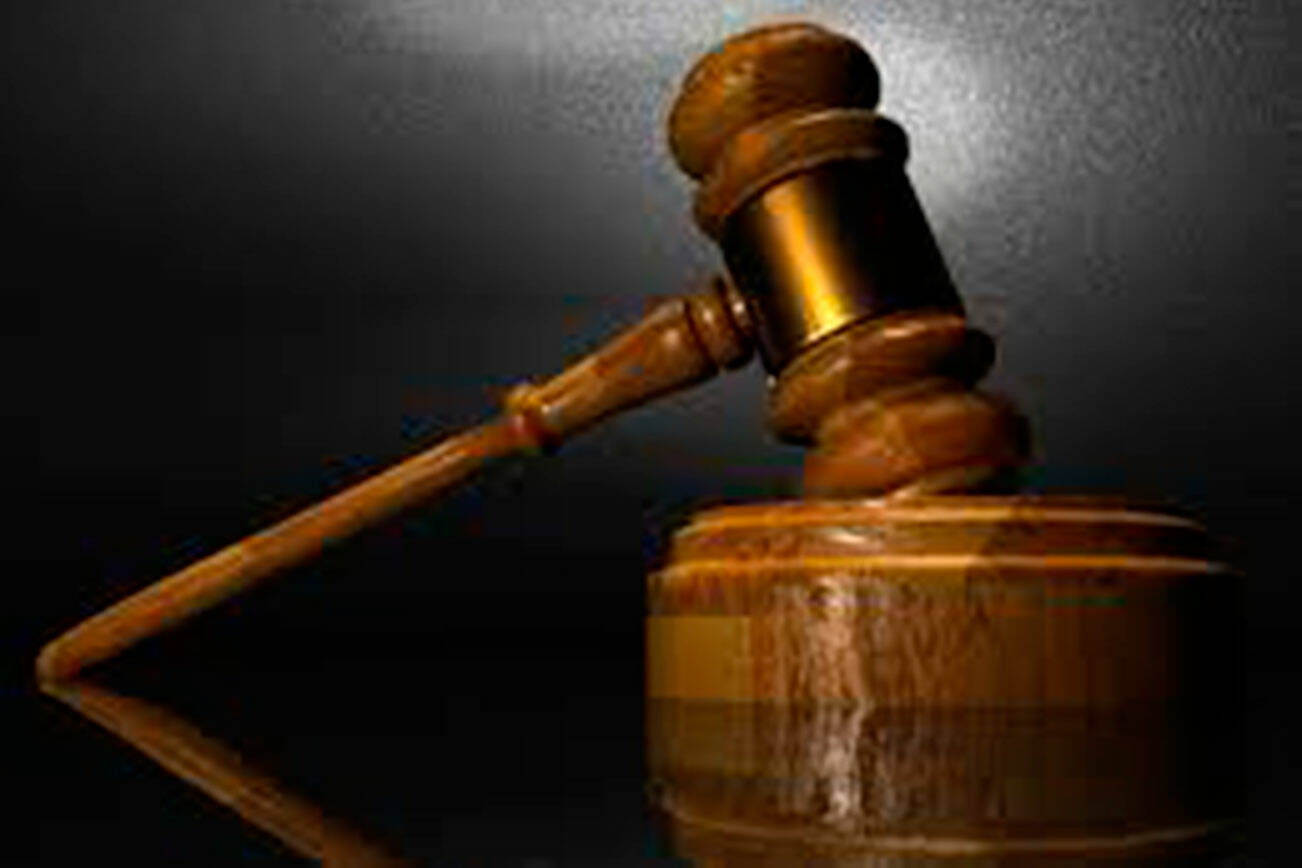We are proud to have been Alaskan judges and we are proud of Alaska’s Judiciary. Recent national headlines make us even more so.
In Wisconsin, mega-donors on both sides of a politically charged judicial election contributed more than 45 million dollars to campaigns for a single seat on the Wisconsin Supreme Court. Members of the public understandably question a judge’s ability to remain impartial when their “funders” come before them to have their matters heard. The potential influence money brings is undeniable yet difficult to trace directly, undermining the public’s trust and confidence in judicial outcomes.
On the federal level, one of the most senior justices of the United States Supreme Court — the highest court in the land — accepted gifts of transportation and “hospitality” worth hundreds of thousands of dollars from a mega-donor to conservative political causes. U.S. Supreme Court justices are not bound by the Federal Code of Judicial Conduct, which sets limits on the receipt of gifts and requires disclosure of gifts received. Consequently, the justice who accepted the extravagant gifts and failed for over two decades to disclose them denies any wrongdoing and remains unaccountable to the public for any effects they may have had on his decision-making. Again, how can the public not be concerned about the influence of this type of largesse?
In our view, these two cases illustrate the danger posed by the influx of political money directed toward the judicial branch of government — the branch designed by the U.S. Constitution to be the least influenced by politics. Alaskans can justifiably ask, what about the Alaska judiciary and Alaska’s judges? Could these circumstances of exorbitant election spending and lavish gift-giving occur here? Fortunately, Alaska law gives clear answers to these questions.
First, under the Alaska Constitution, Alaskan judges don’t run for office in contested elections, but are appointed through a process that focuses on their qualifications, not their political connections. Our constitution’s founders were a wise group. When they wrote the article setting up the judiciary, they debated whether judges should run for election. They rejected this choice and adopted instead a judicial selection system in which candidates for judgeships are evaluated by the nonpartisan Alaska Judicial Council based on their professional performance as lawyers. The most qualified, merit-tested candidates are then nominated to the governor, who makes the final decision on whom to appoint. There are no 45-million-dollar political campaigns for judicial office.
Our constitution’s framers also rejected the lifetime appointments to the bench that federal judges receive. Instead, Alaskan judges must stand before voters for retention at regularly scheduled retention elections. During the retention process, the Judicial Council reviews the sitting judge’s performance, provides the public extensive information about the judge’s judicial record, and makes a recommendation about whether the judge should be retained. Again, a judge’s capabilities and character — not political ties or leanings — are the guiding factors in the council’s recommendations.
Anti-retention campaigns are sometimes waged against Alaska’s judges by political groups unhappy with particular decisions or with Alaska’s Constitutional framework for selecting judges. But most Alaskan voters recognize the valuable public service our judges perform and vote to approve the continued service of those who have successfully demonstrated their suitability for the job. There are no deeply divisive contests pitting judicial candidates on opposite ends of the political spectrum against each other, or the erosions of public trust that they entail.
Second, in Alaska ALL judges are subject to the Alaska Code of Judicial Conduct. Alaska Supreme Court justices must follow the same code as trial court or appellate court judges, and that code is detailed, explicit and enforced. Under its terms, no judge may accept a gift of over $250 from any source without providing a specific accounting in an annual report filed with the Alaska Court System.
All judges must comply with requirements of the Alaska Public Offices Commission and submit filings each year that describe in excruciating detail all sources of income to them and their family.
Any judge who fails to meet these requirements is subject to discipline by the Alaska Commission on Judicial Conduct, a state agency that can recommend suspension or even removal from the bench. Because strict adherence to ethical rules is required, Alaska’s judiciary has no history of lavish or unreported gifts. And in over six decades since statehood, no Alaska judge has ever been charged, let alone convicted, of bribery or corruption.
Alaska’s judicial system, while not perfect, and always seeking improvement, is a model of transparency and high standards, founded on merit, not politics. We are proud to have been members. In retirement, we continue to educate the public about the benefits of our judicial selection and retention system. We have seen the pitfalls of alternatives like those now commanding the headlines, and we’re grateful that Alaska has chosen a better path.
Walter “Bud” Carpeneti is a retired Supreme Court justice and chair-justice of Not Politics Alaska. Elaine Andrews is a retired Superior Court judge and co-chair of Alaskans for Fair Courts. Niesje Steinkruger is a retired Superior Court judge. We served a collective 70 years before our retirements.

